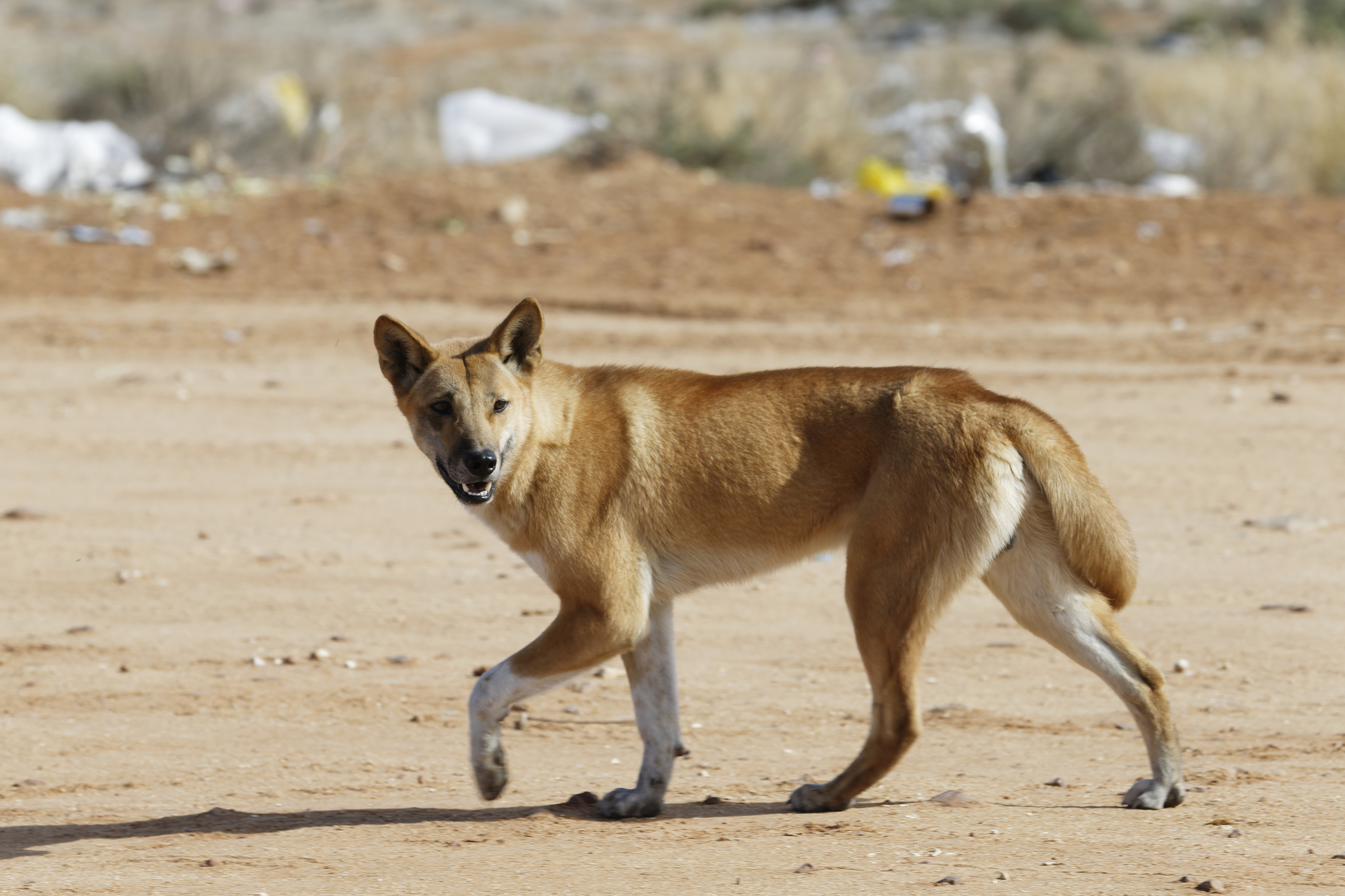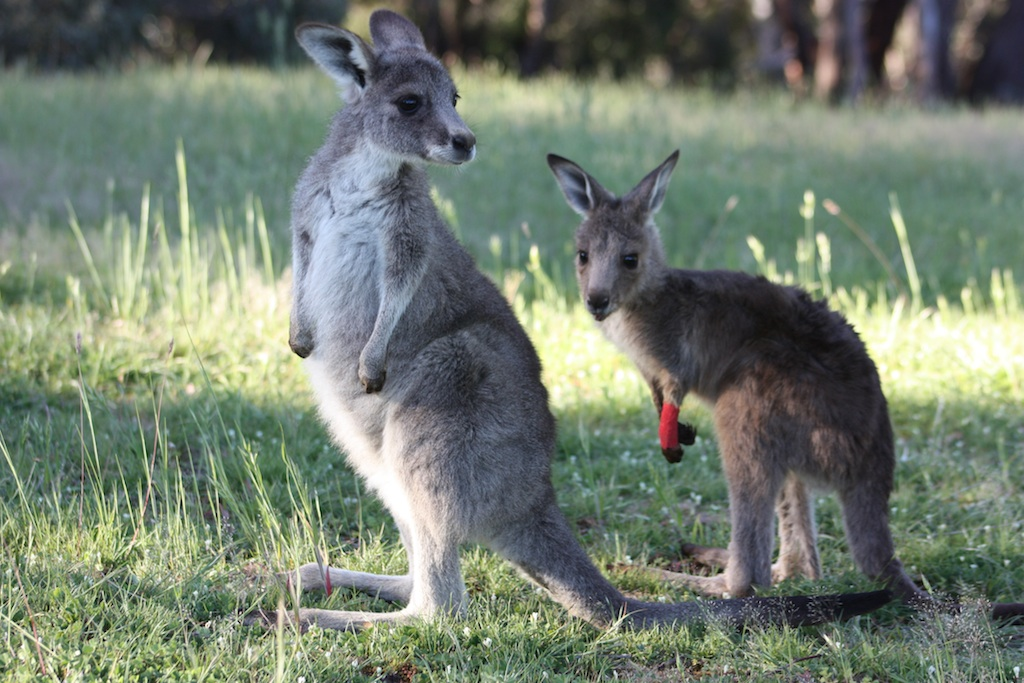Across Australia, dingoes are slowly being recognised for what they are: Australia's local apex predator with deep cultural significance and an important ecological role. Yet in many jurisdictions they continue to be subjected to widespread lethal control through baiting, trapping and shooting, due to policies that still classify them as pests or biosecurity threats. In 2023, Victoria ended...
Last week we welcomed the release of revised strategy to protect dolphins from being killed in the gillnet sector of the Southern and Eastern Scalefish and Shark Fishery (SESSF) off southern Australia. This is a fishery that in 2017 and 2018 killed some 120 dolphins following the introduction of a strategy to mitigate dolphin bycatch, a strategy which we condemned. We are cautiously optimistic that the revised strategy, with the addition of the South Australian Dolphin Zone, which will reduce the numbers of dolphins killed, particularly by tightening the rules around the number of dolphins that can be killed before boats are excluded from the zone. We will continue to be hopeful, whilst monitoring the situation closely in the coming months.
Bycatch, the incidental catch of non-target wildlife during fishing, is an issue that Humane Society International has given significant priority to over the years with good reason. In most cases, fishers do not wish to catch these animals, which often damage fishing nets or equipment. Whilst it is often an issue of conservation concern threatening the future of a species, it is always an animal welfare concern due to the incredible suffering these animals experience before dying. However bycatch in fisheries is often a hidden problem. We therefore consider it an issue that needs to have a spotlight shone on it and for solutions to be found.
On this front we feel that our efforts have been very successful. Some key highlights are:
- In 1995 we secured the listing of long-line fishing as a Key Threatening Process under Australia’s national environment law. This led to the development of the Australian Threat Abatement Plan for long-line fishing which has significantly reduced the number of albatross killed on longlines in Australian waters. HSI remains a key member of this team and continues to monitor progress to ensure the bycatch of seabirds in Australian longline fisheries continues to reduce to our aim of zero.
- In 2001 we secured legal recognition in Australia for prawn trawling as a key threat to marine turtle species caught and killed in the trawl nets. Internationally, we have also used trade measures to ensure prawn fisheries worldwide used Turtle Excluder Devices to enable turtles to escape their trawl nets.
- In 2001 we helped the Australian Government negotiate the Agreement for the Conservation of Albatrosses and Petrels which has since developed best practice guidelines for the world’s fisheries to avoid seabird bycatch with our input. We continue to play an active role in this important Agreement.
- In 2002 our advocacy helped secure protection for grey nurse shark critical habitats from the line fishing that was accidentally hooking the critically endangered species along the New South Wales coastline. We continue to work to reduce the capture of threatened hammerhead sharks in fisheries in the Great Barrier Reef.
- In 2011, HSI was instrumental in ensuring a robust Australian sea lion management strategy was put in place in South Australian waters in the gillnet section of the Southern and Eastern Scalefish and Shark Fishery (SESSF). This has succeeded in ensuring sea lion mortalities from bycatch in this fishery remain low to help this threatened species recover.
- In November 2019 our advocacy for albatross will pay off with promised new mitigation measures for trawl fisheries due to implemented to prevent albatross bycatch. This is something that HSI has long advocated for, in particular the retention of the offal and other waste from fishing operations that attracts seabirds causing them to be killed or maimed by the fishing gear. Simple measures such as not discarding the waste during fishing will significantly reduce seabird deaths.
Whilst this is a significant legacy and ongoing program of work, internationally we also have worked hard in recent years to establish a Bycatch Working Group at the International Whaling Commission to help countries cooperate to solve the significant global problem of both whales and dolphins being caught and killed in fisheries.
Domestically HSI also acts as the conservation representative on the Commonwealth Fisheries Marine Mammal Working Group which gives expert advice on marine mammal bycatch issues so that greater progress will be made across all Commonwealth fisheries to reduce marine mammal bycatch, in particular seals, sea lions, and dolphins.
Clearly there is much more to do to ensure that the impact of fisheries on marine wildlife is minimised. Getting unintended catch as close to zero as possible must be the ongoing goal and remains a core part of our work.
Alexia Wellbelove is a Senior Program Manager at the Humane Society International (HSI). She joined the organisation in 2009. With over two decades experience in conservation her current focus is environmental policy, marine conservation (particularly marine mammal and fisheries bycatch) and wildlife trade. She helped found the Places You Love alliance and serves on a number of state and federal government committees. She has represented Australia as a member of the delegations to both the International Whaling Commission (IWC) and the Convention on Migratory Species (CMS).
Image credit: George Clerk


